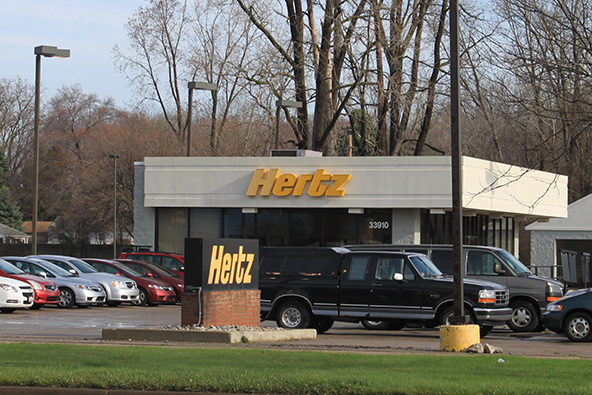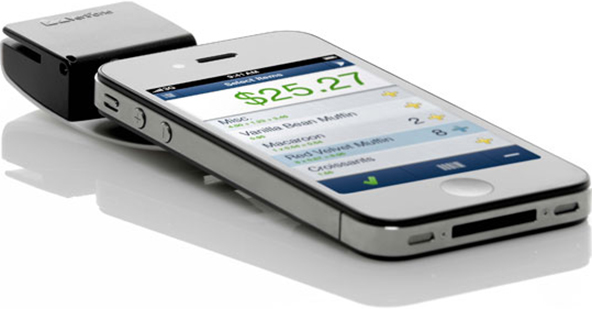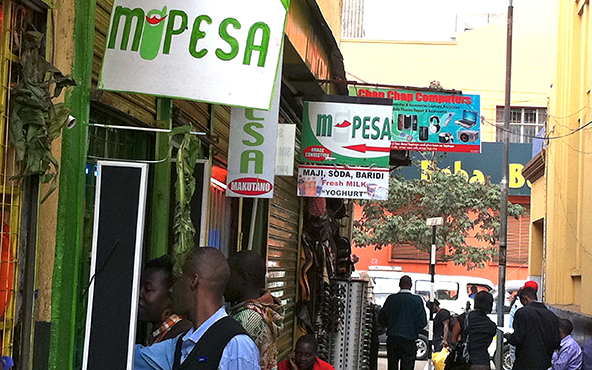Managing Credit Card Processing Risk at Car Rental Companies

Car rental companies have achieved the unenviable distinction of generating higher than average levels of customer disputes and chargebacks, which has earned the industry a place among the highest-risk merchants on Visa’s and MasterCard’s list. There are several reasons for the higher levels of customer dissatisfaction with car rentals, but the main ones are:
- Future delivery of a service. Consumers have to book their car rentals in advance, often weeks or months ahead. If their plans change in the interim, they will have to cancel the booking and will typically be charged a cancellation fee. No one enjoys paying cancellation fees, even if they had agreed to it, and some will file a dispute to try and get their money back.
- Incidental and additional charges. Often, the final transaction amount differs from the original booking estimate. There can be plenty of reasons for such a discrepancy. For example, the consumer may request to keep the car for a longer period than what was originally agreed, and the added days may be charged at a different rate. Or the consumer may be charged for car damages that the rental company claims occurred during the rental period. There are a number of other charges that may prompt a customer dispute. Whether the disputes are justified or not, there is a direct correlation between customer disputes and chargebacks, so minimizing disputes results in fewer chargebacks.
Car rental companies should develop their credit card processing procedures with customer satisfaction at their center. Satisfied and well-informed customers are less likely to dispute transactions and are sure to become repeat customers. Consider implementing the following best practices into your card acceptance procedures:
- Obtain incremental authorization approval if the car rental period is extended. Whenever a customer requests an extension of a car rental period, you need to obtain a new authorization approval for the additional transaction amount that the extension will generate. Standard authorization procedures should be followed for the extension period. If the authorization is declined, you should contact the customer and request an alternative payment method.
- If authorization for the extension period is declined, you should only settle the amount that was originally authorized. This will help merchants reduce chargebacks and processing costs. When the card issuer declines authorization, you should submit a settlement transaction for the total approved authorization amount and should not include the declined amount. Then contact your customer and request an alternative payment method.
- Submit an authorization reversal if the originally approved authorization amount exceeds the actual rental cost. If the actual cost is less than your previous estimate, you will need to submit an authorization reversal for the difference between the authorization amount and the actual rental agreement.
- Apply the final authorization and the 15 percent rule. At the end of the car rental period, authorization is required when:
- There was no previous authorization. In this case you should authorize the total transaction amount.
- There was a previous authorization but the actual final amount is more than the previously authorized transaction amount. In this case you should apply the 15 percent rule. To do this you should add 15 percent to the previously authorized amount and compare the total to the actual transaction amount.
- The actual transaction amount is more than the total. If the actual transaction amount is bigger than the sum of the previously authorized amount plus 15 percent, an additional authorization is required for the difference between the original authorization and the final transaction amount. Otherwise, you are not required to request an additional authorization.
Image credit: Wikimedia Commons.


